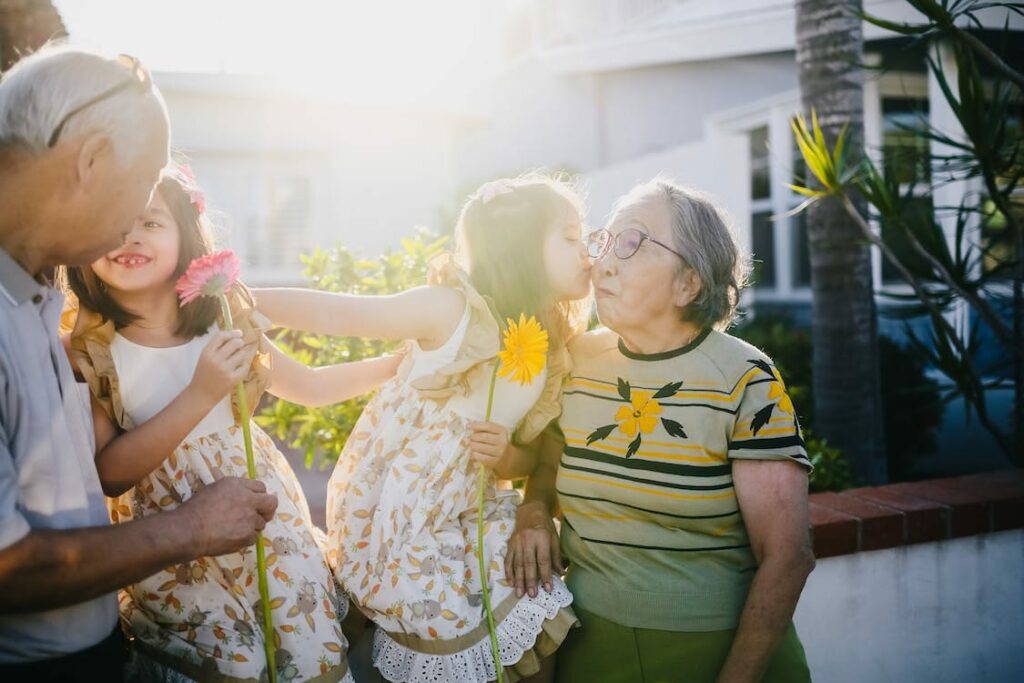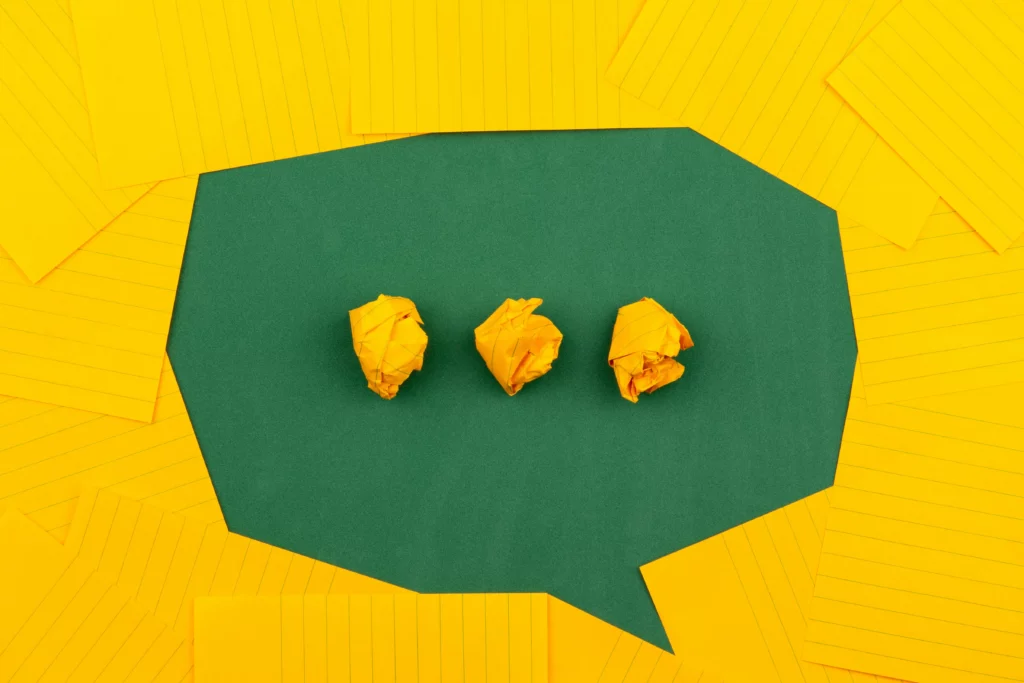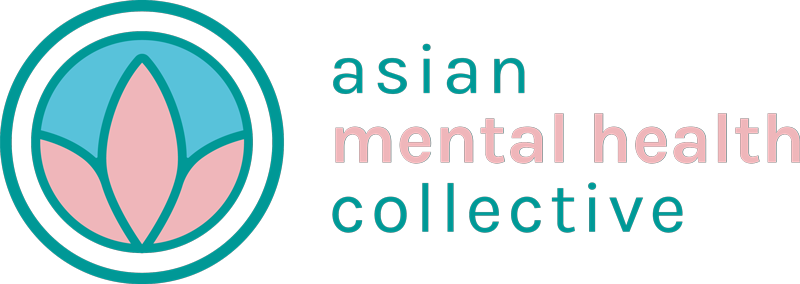Click Here for WAVES Event Recording!
You may have heard this from your parents, “Finish that last scoop of rice! We would starve and walk hours as kids to get rice.” They tell you their impoverished, childhood stories of going hungry with no money with the intent of bettering your well-being. The collective guilt dawns as the ghosts of past generations haunt us as we navigate our seemingly privileged modern lives. If you have ever felt this way or have heard about it from a close friend or partner, you can acknowledge that you are not alone.

Intergenerational Trauma, also sometimes known as transgenerational trauma, refers to the physical and mental symptoms experienced from trauma that are often shared with descendants. It is often observed through parents’ habitual responses to stressors or behaviors passed onto their child with implications for the child’s health and well-being. An important note about intergenerational trauma, as opposed to post-traumatic stress disorder (PTSD), is that one can experience its effects even if they did not directly undergo trauma themselves. It can manifest through epigenetics, physical health, as well as our psychological and mental well-being.
It’s such an innocuous part of our lives; in learning to become aware and process these experiences, we learn to accept and heal these shadows that linger over us. In light of the coming holidays, WAVES hosted a virtual event where panelists shared their personal and professional experiences with intergenerational trauma, while holding a brave space for our attendees to process and discuss their journeys and experiences. By gathering, we met with the intention to heal through community and to host dialogue about celebrating our heritage, families, and stories.
Our main takeaways were centered around:
- Defining intergenerational trauma, the meaning we assign to it, and how it shows up in our lives
- Figuring out our cultural and racial identity and cherishing it
- Meaningfully connecting with the generation before and after us
- Effective cross-generational communication
There is power in understanding your personal, family narrative. It may still be a work in progress, but knowing what our family had to overcome in the past can provide directions for the future. Immigration is often a shared experience for many among the Asian diaspora in which we leave our native lands and reconstruct a home in a completely new environment with different racial, language, and experiential backgrounds.

Two of our panelists, Dr. Monica Band (EdD, LPC) and Huyen “Kiki” Vo (LCSW), shared their childhood upbringing stories as a multicultural and immigrant child. It’s common to go through a phase of self-questioning given cultural differences, but from the panelists’ experiences, there’s a reconciliation phase where we become proud of where we come from. Bhavya Rai (Mental Health Content Creator) mentioned her bi-cultural upbringing watching Bollywood to get a glimpse of Indian culture and better communicate with family. During college, her identity evolved as she navigated her mental health journey through grades/performance and imposter syndrome, ultimately finding acceptance and support from her family. Understanding our heritage and figuring out our identity is complex, but we are encouraged and empowered to do so in our own timing.
As children of immigrants, we are aware of the sacrifices our parents often made to provide a better life for us. As a consequence, they have suffered trauma in the wake of their endeavor, which can habitually get passed down generations. Some of us are blessed with the opportunity to reap the benefits sewn from the older generation. With that, some of us can create a reconciliatory space to break the cycle. Some can see the focus of the older generation to preserve survival. Sometimes when parents suppress and brush all their pain under the rug is their way of shielding and sparing us from the pain.
Sara Stanizai (LMFT) shared about how in Afghan culture, they gather in a communal circle to connect with each other and heal. Healing spaces for our families have always existed but now they’re packaged differently. Part of healing is us learning our parents’ ways of connecting and abandoning our preferences, while part of it is teaching them to meaningfully connect with us. Our parents are caring for us, just in their own ways to their best of their abilities with the knowledge they have.

Lastly, communication is key. We talk about having the language to meaningfully connect with one another, which more often than not is verbal. As part of the Asian Diaspora, it’s common to have a language barrier within generations with nuanced communication differences where a lot of love gets lost in translation. Our parents’ generation may not have the tools and capacity to meaningfully connect with us at times.
However, there is hope. Dr. Calvin Sun (MD) shared his story about his father passing and the difficulty of having the right language to understand each other. Trying to connect takes trial and error and oftentimes can be messy. It wasn’t until after his passing that Calvin read his father’s diaries that they really understood each other. There’s something about differences in communication and love language and allowing them to come to you in their own ways. The older generation tends to love by serving and providing food, as actions speak louder than words. However, sometimes words are needed to know that we are loved.

All in all, healing is multifaceted and we hope you can grow your capacity and empathy to love the generation above and in turn break the cycle. Our identities are ever-constantly evolving and difficult to navigate, but worth it. Connecting with our parents can be very tricky, but we are privileged to have the capacity to do more for them. Navigating meaningful language and communication methods is another piece of the puzzle where we are encouraged to learn, teach, and set boundaries with language.
